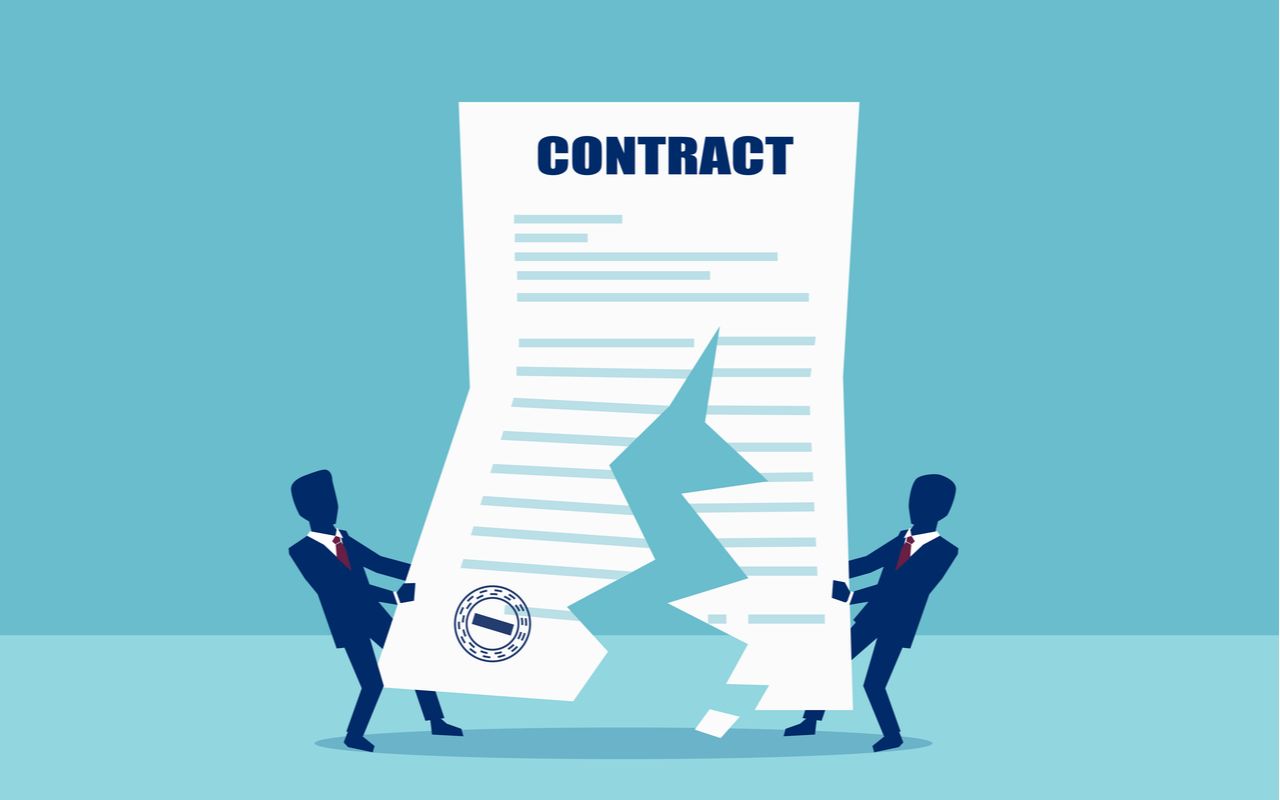Once litigation is initiated, what should be a simple contract dispute between two parties can turn into a 15-page complaint with nine causes of action against three or four parties.
One of those causes of action is likely “unjust enrichment.” But what is unjust enrichment and why can it be used in litigation to pursue payment from parties you did not have a contract with?
What is a breach of contract?
A breach of contract claim is asserted against a party a contractor has a contract with. Generally, the contractor has to show that there is a valid contract between him and the other party, that he performed under the contract, the other party did not perform under the contract and that the contractor suffered damages as a result.
What is an example of breach of contract?
A typical example of a breach of contract occurs when a subcontractor enters into a contract with a prime contractor to provide 1,000 square feet of flooring for a project at $20/square foot. The subcontractor delivers the flooring to the prime contractor, but the prime contractor never pays. In that case, the prime contractor breached its contract and the subcontractor could sue to recover the value of the flooring.
If all parties contracted had sufficient funds to immediately pay, pursuing one party for breach of contract would likely be sufficient. But that is not always the case.
What is unjust enrichment?
As general principle within the legal system, a party is able to retain the benefit of something without paying for it. At the most basic level, unjust enrichment occurs when:
- Party 1 provides Party 2 with something of value for which Party 1 expects payment;
- Party 2 acknowledges and accepts Party 1’s benefit; and
- Party 1 is able to illustrate that it would be unjust for Party 2 to keep Party 1’s benefit without paying for it.
What is an example of unjust enrichment?
A common example of unjust enrichment is a subcontractor’s claim against a project owner. Usually, a subcontractor only has a direct contract with a prime contractor and the prime contractor has a contract with the owner. The subcontractor provides the labor or materials under its contract with the prime contractor, but the work is ultimately being completed for the benefit of the owner—since the owner gets to retain the benefits of the subcontractor’s work. If the owner fails to pay the prime contractor and, in turn, the prime contractor fails to pay the subcontractor, a subcontractor cannot pursue a breach of contract claim against the owner because the subcontractor does not have a contract with the owner.
Instead, the subcontractor could pursue an unjust enrichment claim against the owner because the owner has been unjustly enriched or has retained the benefit of the subcontractor’s work that it would be unfair to allow the owner to keep without having paid for it.
Causes of action for unjust enrichment are valuable tools for contractors. Pursuing a cause of action against an owner:
- creates an additional party that contractor can pursue payment for;
- helps lower-tiered contractors maintain relationships with higher-tiered contractors (since in some cases, those higher-tiered contractors did not pay their lower-tiered contractors because they were unpaid by the owner); and
- it exerts additional pressure on the owner to pay its contractors.







